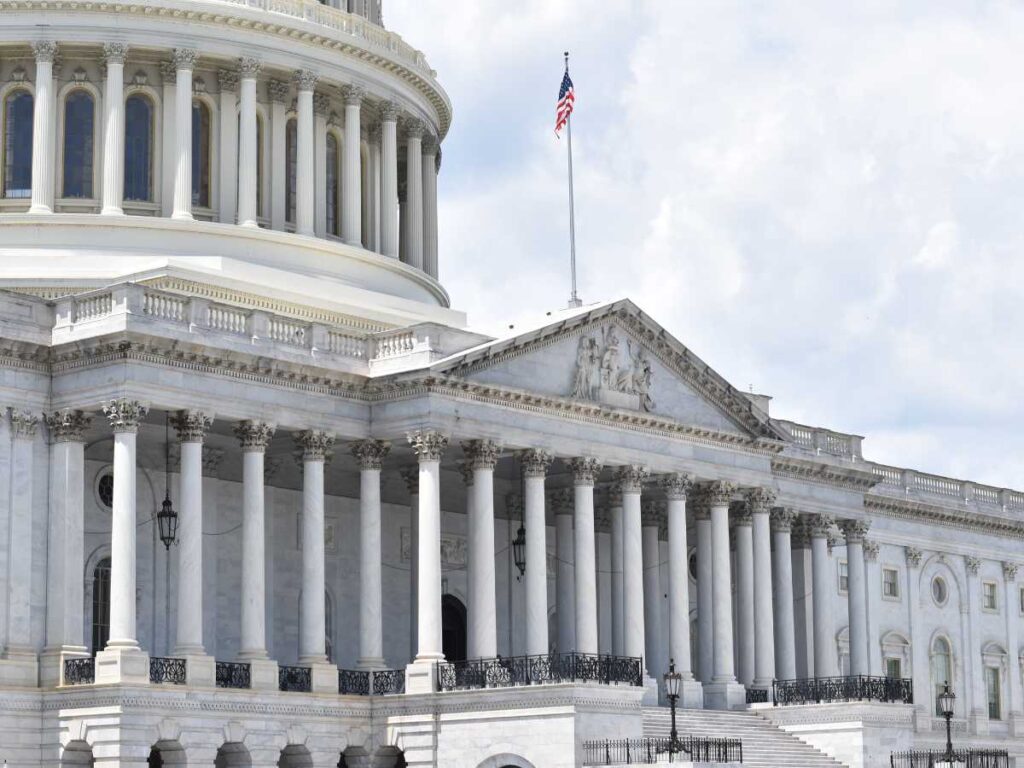Benefits of Contract Governance

Effective contract governance is a cornerstone of successful business operations, ensuring that contractual agreements are not just signed but actively managed throughout their lifecycle. Here are key benefits of implementing robust contract governance: Enhanced Compliance: Contract governance provides a structured framework for ensuring compliance with contractual terms and conditions. This helps organizations avoid legal pitfalls […]
What is Contract Governance in Government Contracting?

In the realm of government contracting, navigating the complex landscape involves adhering to a set of rules and procedures. Contract governance plays a pivotal role in ensuring that these engagements are conducted ethically, efficiently, and in compliance with regulations. Let’s delve into the essentials of governance and its significance in government contracting. Key Components of […]
The Benefits of No-Bid Contracts

Government procurement often involves competitive bidding processes, but there are scenarios where no-bid contracts, or sole-source contracts, come into play. Delving into the benefits of no-bid contracts provides insights into their advantages and the value they bring to both government agencies and vendors. Expedited Procurement: No-bid contracts offer a streamlined procurement process, particularly in urgent […]
FAQ’s about No-Bid Contracts

In the intricate landscape of government contracting, no-bid contracts often raise questions about their necessity, implications, and fairness. Let’s delve into the frequently asked questions to unravel the intricacies of no-bid contracts. What is a No-Bid Contract? A no-bid contract, also known as a sole-source or non-competitive contract, is an agreement between a government agency […]
No-Bid Contracts: Understanding the Basics

Government contracting is often synonymous with competitive bidding, but there are instances where the government chooses a different route—enter the realm of “no-bid contracts.” Let’s unravel the concept and understand what this contract entails. Defining No-Bid Contracts: A no-bid contract, also known as a sole-source or non-competitive contract, is an agreement between a government agency […]
“Protecting Your Turf” – Strategic Pricing as an Incumbent

One of the questions I am often asked when working with clients as an incumbent – “is there a way to improve pWin beyond lowering our price”? The answer is an emphatic yes. When recompeting for opportunities as an incumbent, strategic pricing takes on additional layers of complexity and importance. The incumbent status provides both […]
Why does the government sometimes use no bid contracts?

Government contracting is a complex landscape, and one intriguing aspect is the occasional use of “no-bid contracts.” While the competitive bidding process is the norm, there are instances where the government opts for a no-bid approach. Let’s delve into the reasons behind this decision. Urgency and Time Sensitivity: In situations where time is of the […]
FAQ’s: Wrap Rates in Government Contracting

In the intricate world of government contracting, understanding the nuances of financial metrics is crucial for success. Among these, is the concept of wrap rates in government contracting. Let’s unravel the mysteries surrounding wrap rates with answers to some frequently asked questions. What is a Wrap Rate in Government Contracting? A wrap rate is a […]
The Benefits of a Wrap Rate in Government Contracting

In the intricate web of government contracting, mastering the nuances of financial calculations is a strategic imperative. Among these, the concept of the “wrap rate” emerges as a key player, offering a multitude of benefits for contractors navigating the competitive landscape. Let’s unravel the advantages that a well-calculated rate brings to the table. Accurate Cost […]
FAQ’s about a Government Contract Specialist

A Government contract specialist navigates the intricate landscape of federal procurement, playing a pivotal role in ensuring fair, transparent, and efficient contracting processes. Here’s a comprehensive guide answering frequently asked questions about these specialists. What is a Government Contract Specialist? A government contract specialist is a professional responsible for managing the procurement process for government […]
